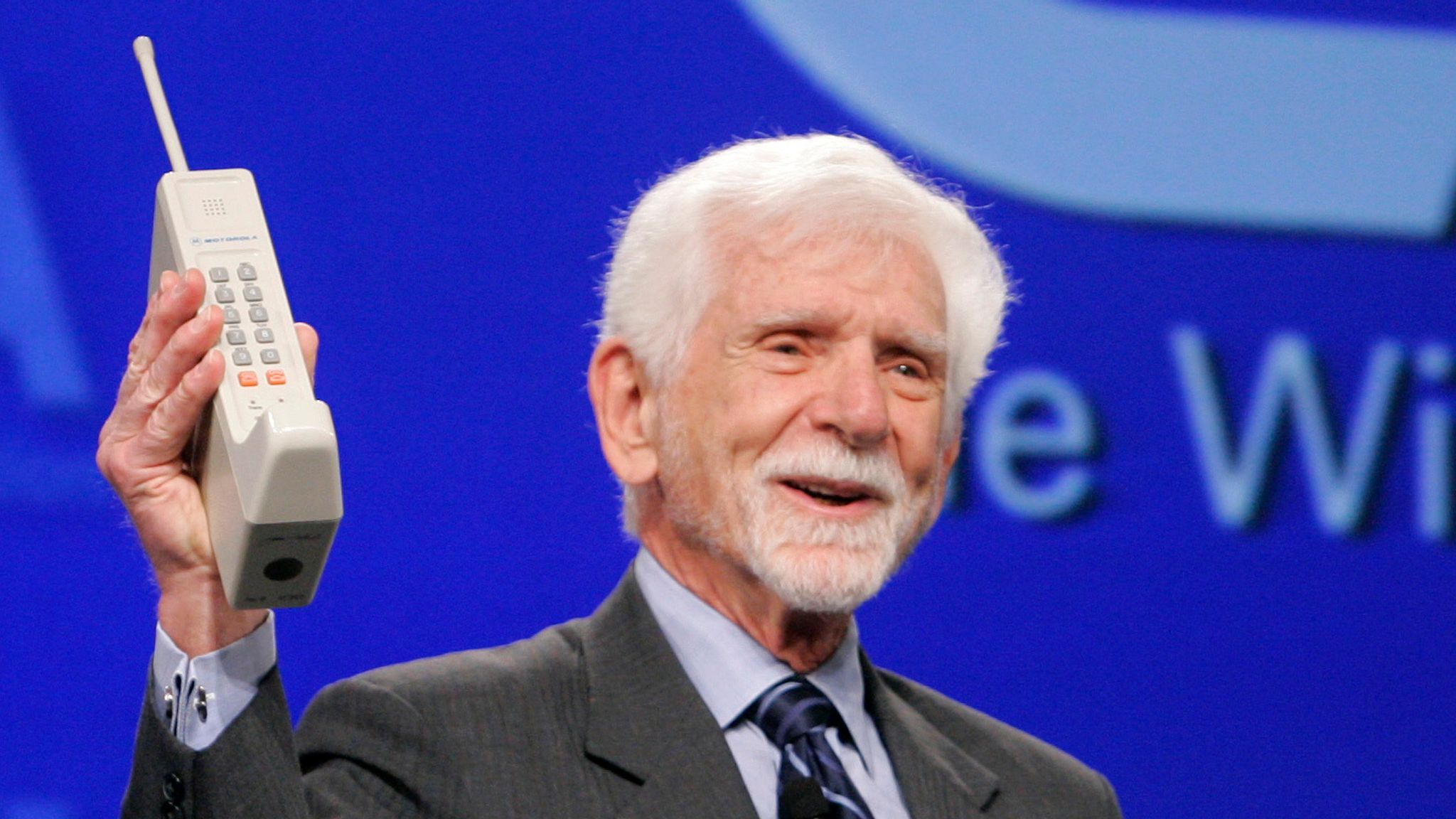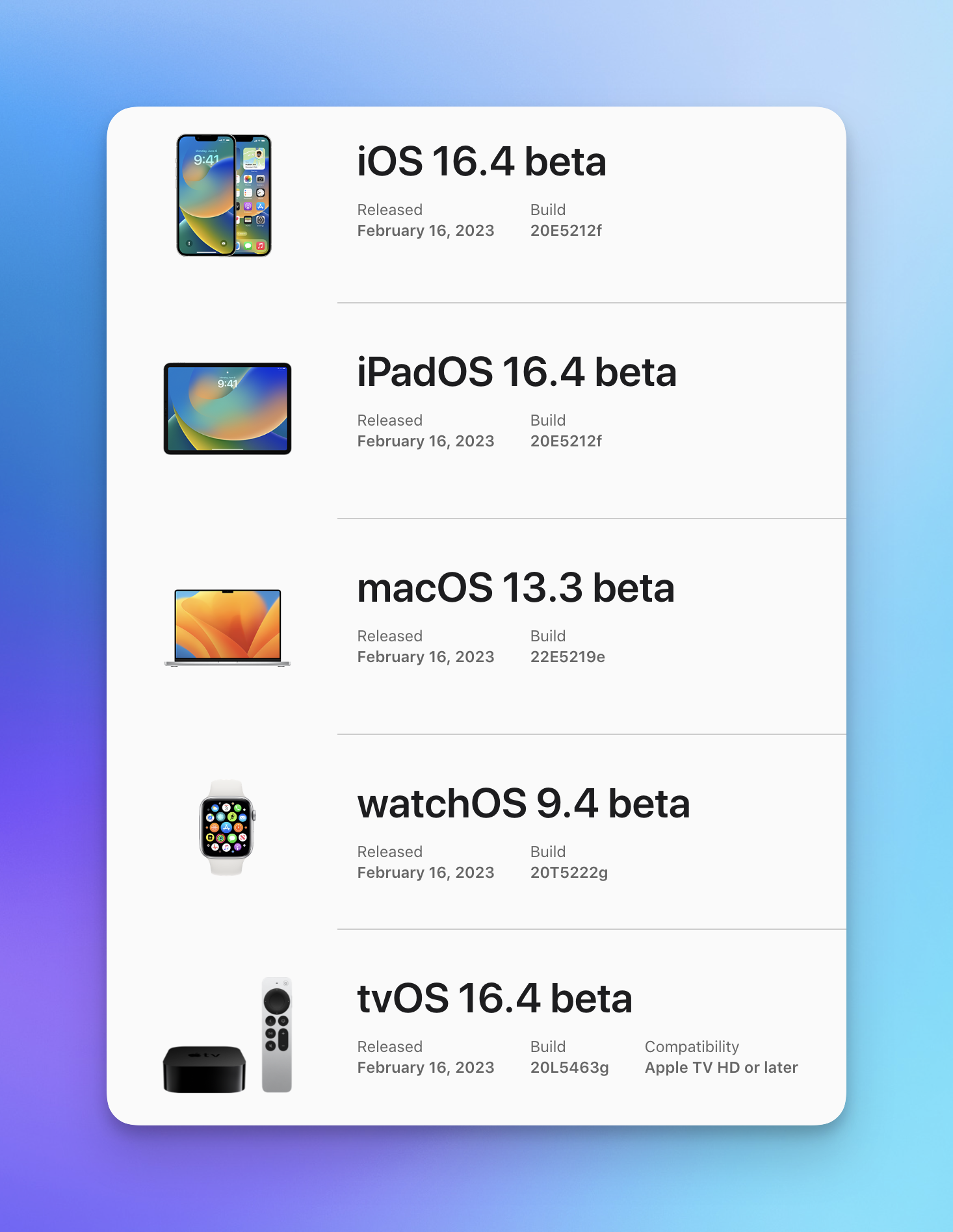On April 28, the technology media iMore exposed a new piece of news about the iPhone 15, which mentioned some information about the new interface. The iPhone 15 series that has replaced the new USB-C interface will not have the MFi protocol restrictions. It means that it can be charged normally using most of the USB-C interface data cables on the market. But it is worth noting that the charging power of the iPhone 15 series is still up to 27W, which is consistent with the previous generation.
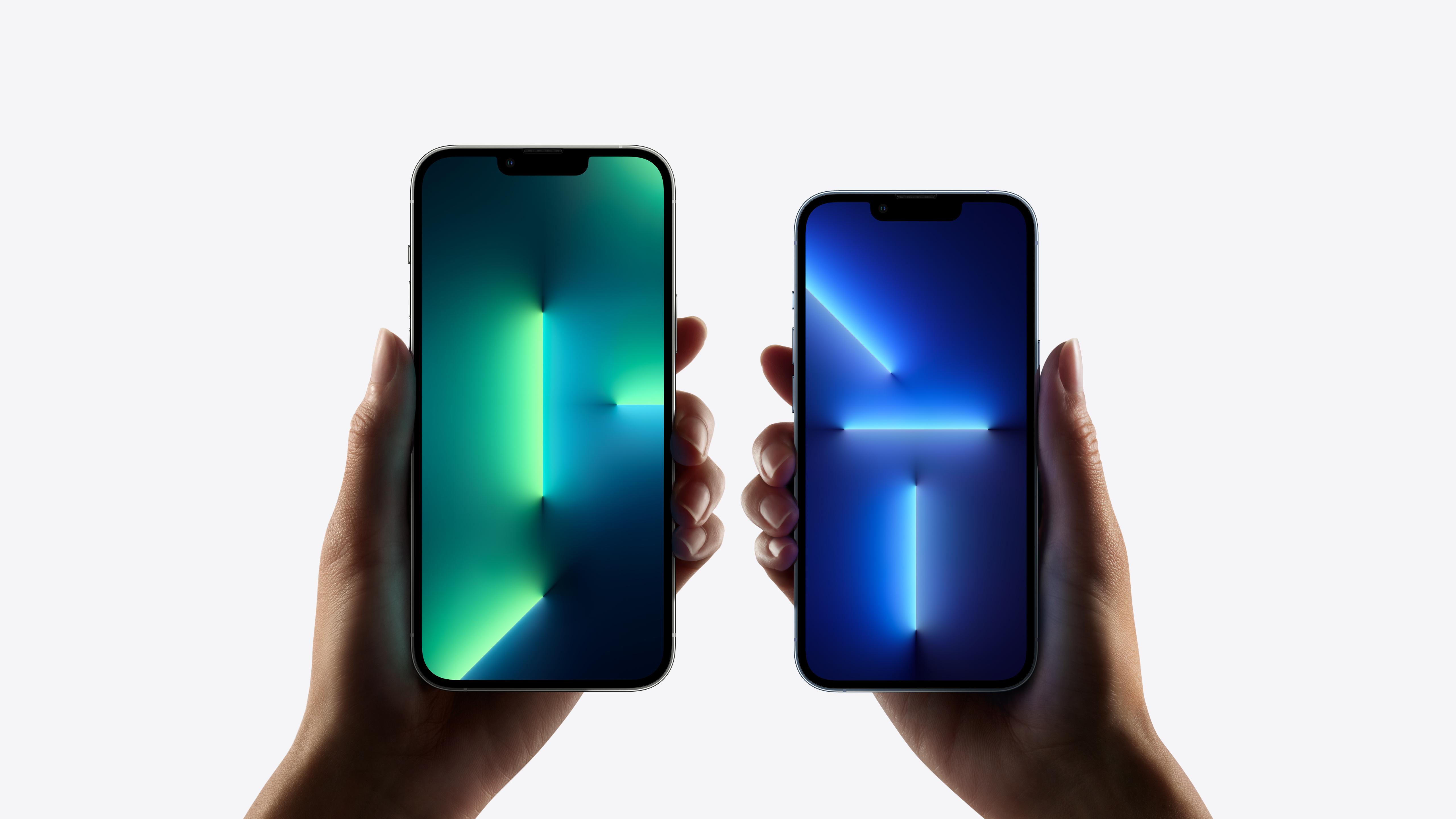
(Picture from: Apple's official website)
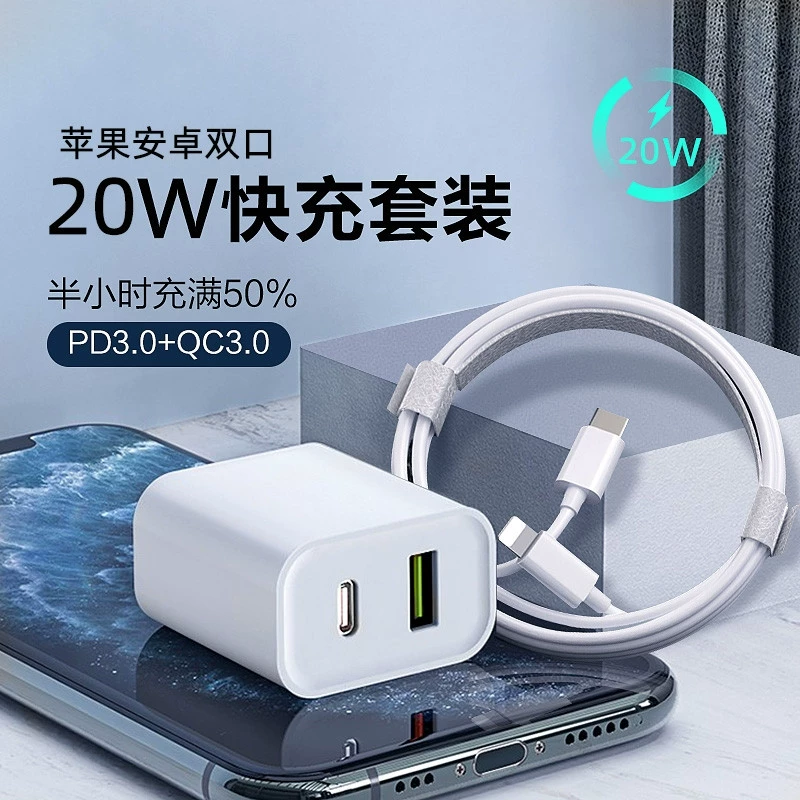
For consumers, the most anticipated change in the iPhone 15 series is the USB-C interface. After abandoning the Lightning interface, the transmission speed and charging speed will also be improved to a certain extent. However, according to the latest revelations, Apple does not seem to have increased the charging power on the iPhone 15 series, and still uses the previous generation’s solution, with the basic model up to 20W and the high-end model up to 27W.
Of course, it was reported earlier that the USB-C on the iPhone 15 series will be encrypted through the MFi protocol, making it impossible to use non-certified C-port cables for charging, which has caused dissatisfaction among consumers. The technology media iMore also responded to this news. Apple has not yet developed the MFi authentication protocol for the USB-C interface, and there will be no incompatibility on the iPhone 15 series models. In addition, the iPhone 15 series will also usher in a new E85 port, which allows it to obtain a data transmission speed equivalent to Thunderbolt 3, which is still very worth looking forward to.
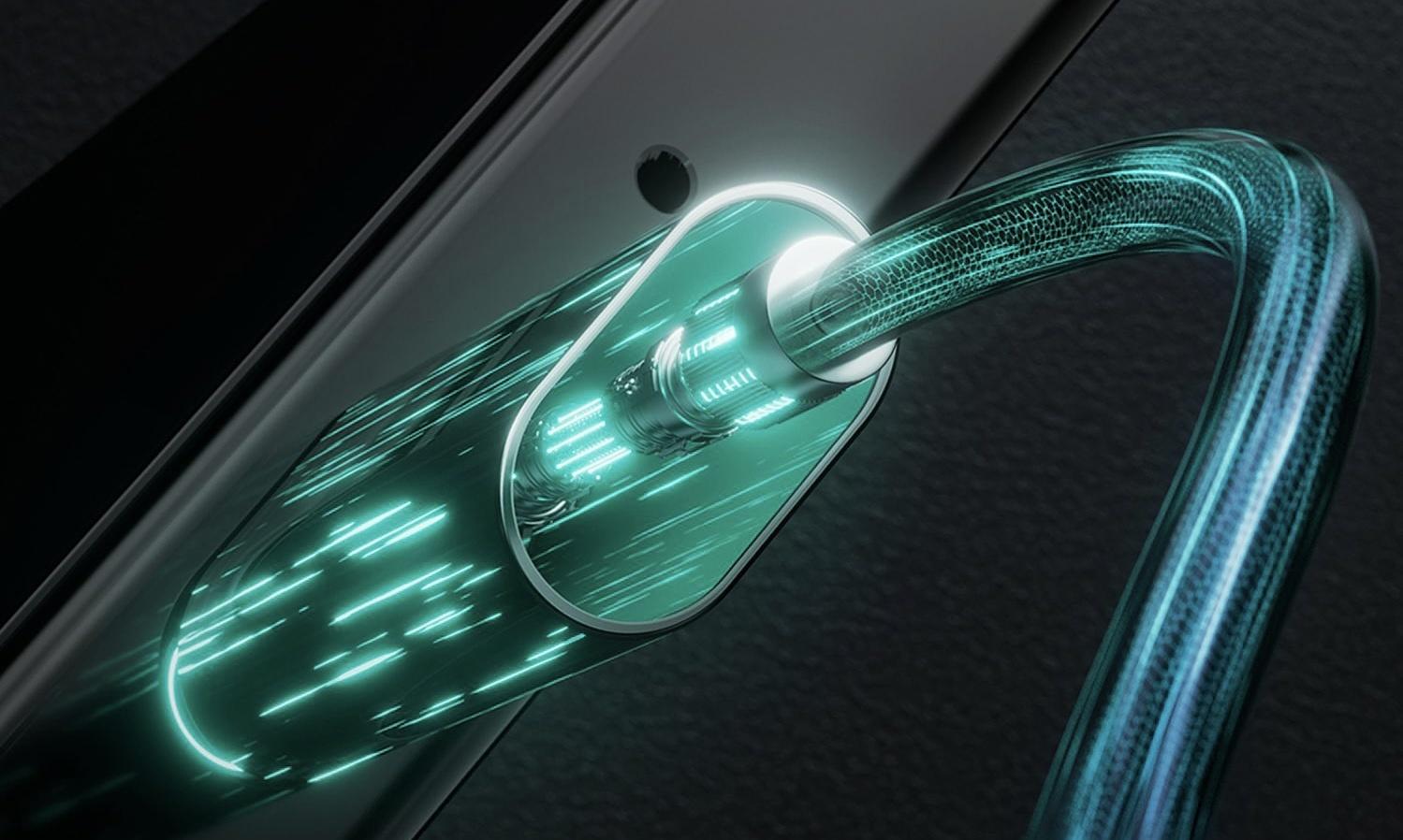
(Image from: Infinix)
In fact, the charging speed of the iPhone has always been the most concerned part of users. In 2023, it still only supports a charging power of up to 27W, which is completely incomparable with the Android camp. Earlier this month, Transsion launched a smartphone model named Infinix Zero Ultra, which supports up to 260W wired charging and 110W wireless charging. It takes only 8 minutes to charge this 4400 mAh smartphone. However, some iPhone users think that charging speed is not the most important thing. Instead of high power and fast charging to damage the battery, it is better to accept slow charging in exchange for a longer service life. However, there is no authoritative statement on whether fast charging will accelerate damage to the battery.
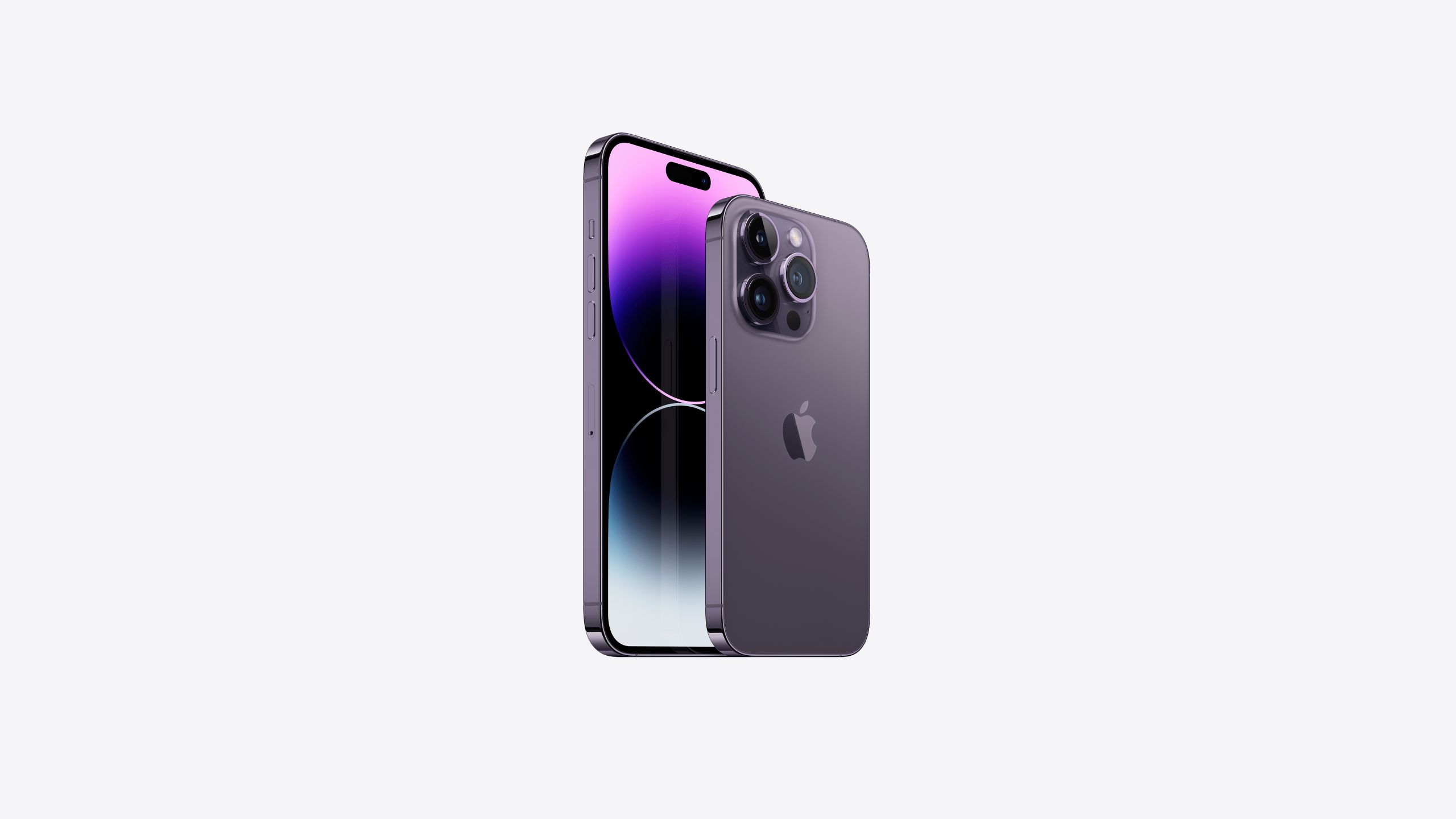
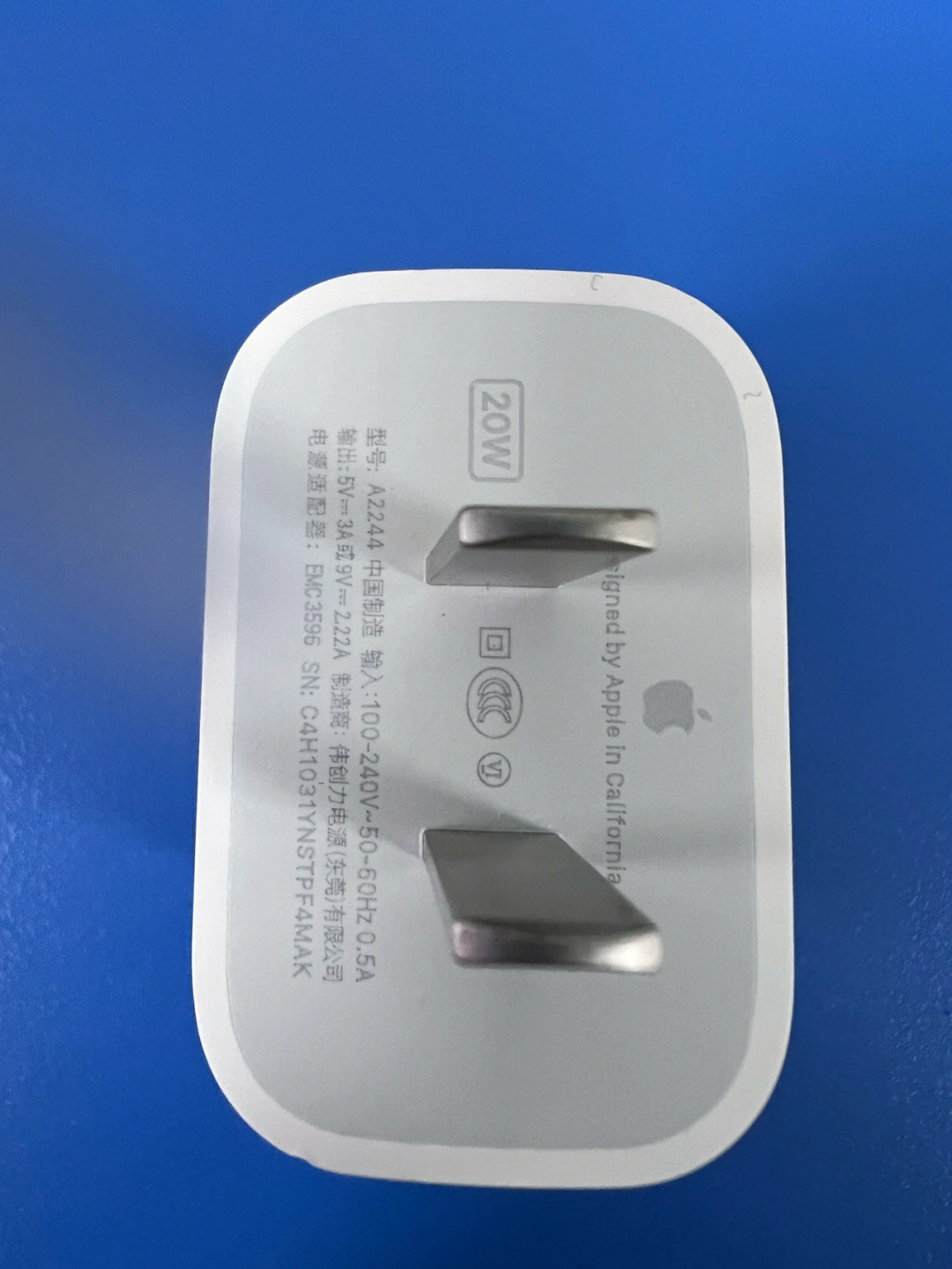
(Picture from: Apple's official website)
In any case, there is a high probability that Apple will not bring faster charging speeds on this generation of iPhones, which is more regrettable. But objectively speaking, just like the iPhone 14 Pro, the body temperature control is still lacking during fast charging. If Apple forcibly adds fast charging when it cannot dissipate heat, the actual experience will not be good. will be fine. In short, progress in charging is still very difficult for Apple.
(Cover image from: Apple's official website)
